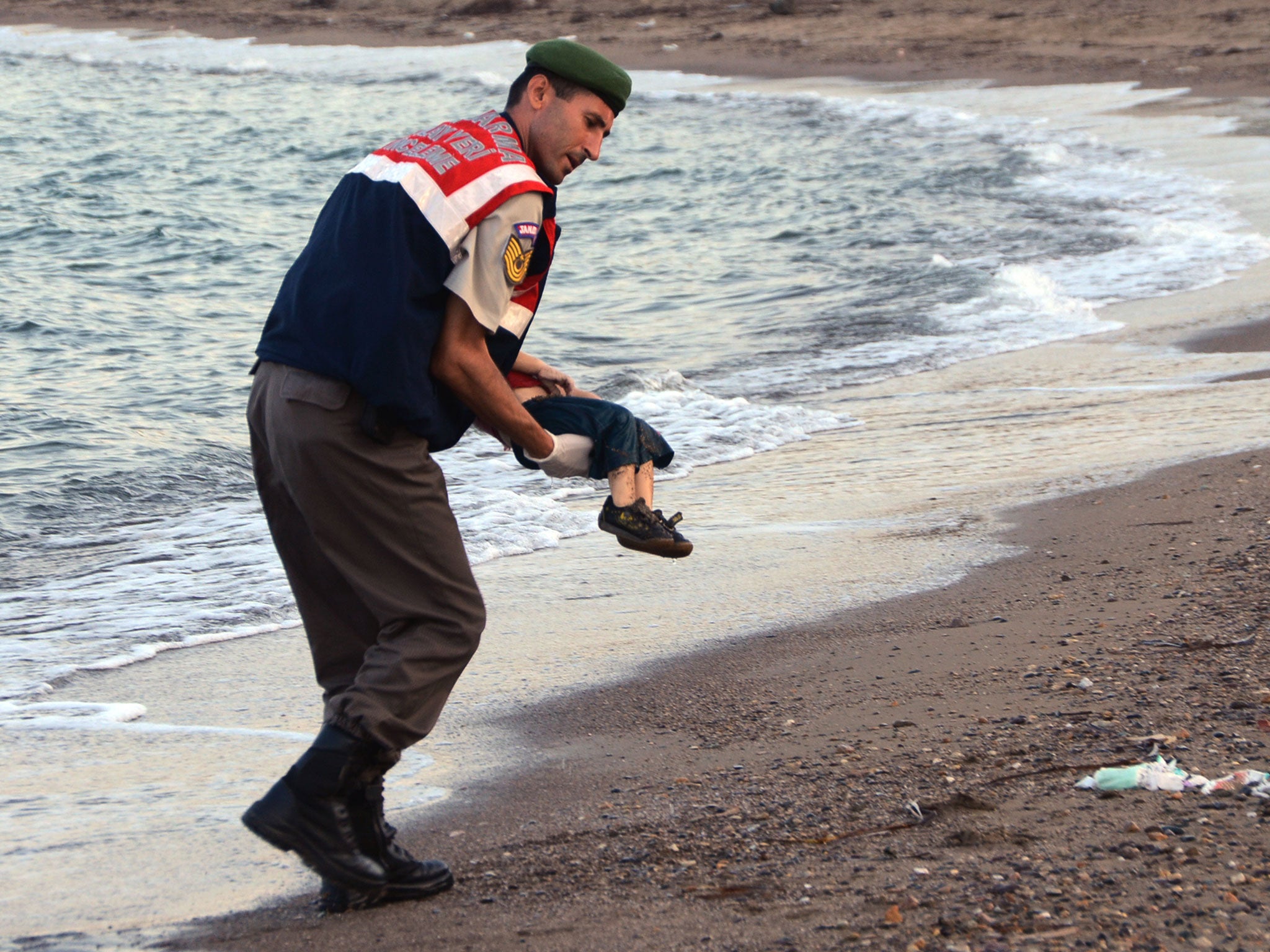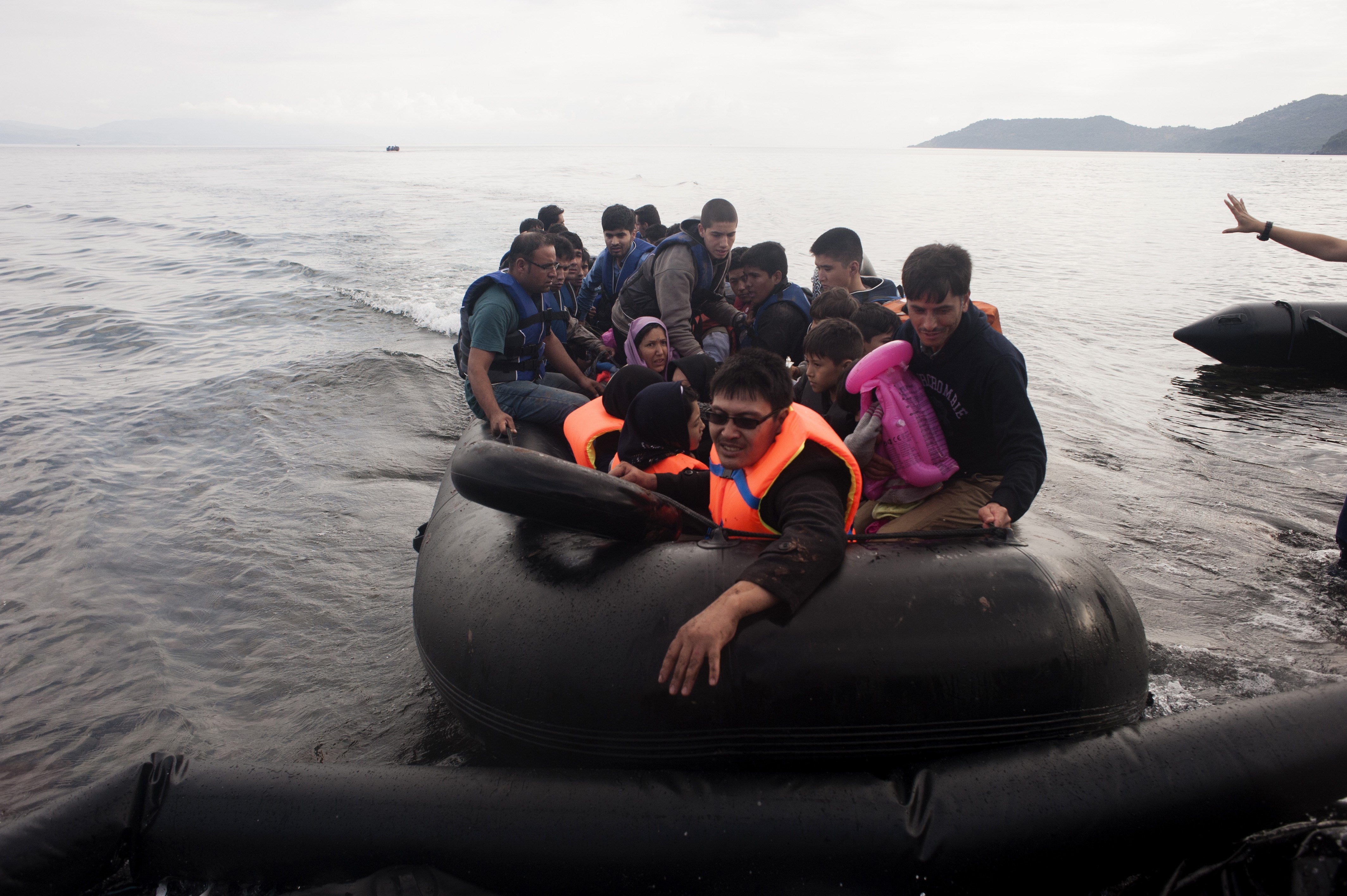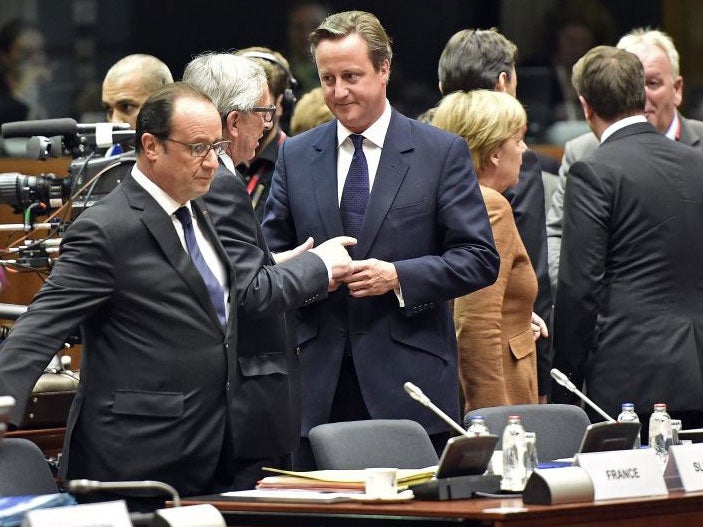Refugee crisis: One month after Aylan Kurdi, the baby no-one noticed
The badly decomposed body of the one year-old, pulled from the Mediterranean, shows the crisis is far from over

Your support helps us to tell the story
From reproductive rights to climate change to Big Tech, The Independent is on the ground when the story is developing. Whether it's investigating the financials of Elon Musk's pro-Trump PAC or producing our latest documentary, 'The A Word', which shines a light on the American women fighting for reproductive rights, we know how important it is to parse out the facts from the messaging.
At such a critical moment in US history, we need reporters on the ground. Your donation allows us to keep sending journalists to speak to both sides of the story.
The Independent is trusted by Americans across the entire political spectrum. And unlike many other quality news outlets, we choose not to lock Americans out of our reporting and analysis with paywalls. We believe quality journalism should be available to everyone, paid for by those who can afford it.
Your support makes all the difference.One month ago, the world was shocked by the image of Syrian three-year old Aylan Kurdi, whose lifeless body, washed up on a Turkish beach, became the emblem of the appalling human suffering of Europe's worst migrant crisis since the Second World War.
The continent’s leaders belatedly responded with plans to resettle an extra 120,000 asylum seekers over the next two years – a scheme described by the UN refugee agency as insufficient.
And, on Sunday, another young body was pulled from the Mediterranean - a sure sign that the crisis is still far from over. The reaction has been muted by comparison to the international outcry that greeted Aylan's death.

Greece's coast guard recovered the badly decomposed body of a baby on the shore of the island of Kos, a major entry point into the European Union for thousands of migrants and refugees who cross the Aegean Sea from nearby Turkey.
The infant, believed to be a boy aged between six months and one year old, dressed in green trousers and a white t-shirt, was discovered near a seaside hotel, a coast guard official said. The coast guard did not give the baby's nationality.
Thousands of refugees - mostly from Syria, Afghanistan and Iraq - attempt the short but perilous trip by boat, often in rough seas due to poor weather.
Almost 400,000 people have arrived in Greece this year, the U.N. refugee agency UNHCR said on Friday, overwhelming the country’s infrastructure before mostly heading north.

Greek Prime Minister Alexis Tsipras has made the migration issue a top priority for his re-elected government and discussed it in a phone call with German Chancellor Angela Merkel and Austrian Chancellor Werner Faymann on Saturday.
Germany and Austria committed to support Greek efforts to secure more EU funds to cope with the influx and boost staff at EU agencies dealing with borders and refugees which are operating on the ground, Tsipras's office said.
Join our commenting forum
Join thought-provoking conversations, follow other Independent readers and see their replies
Comments